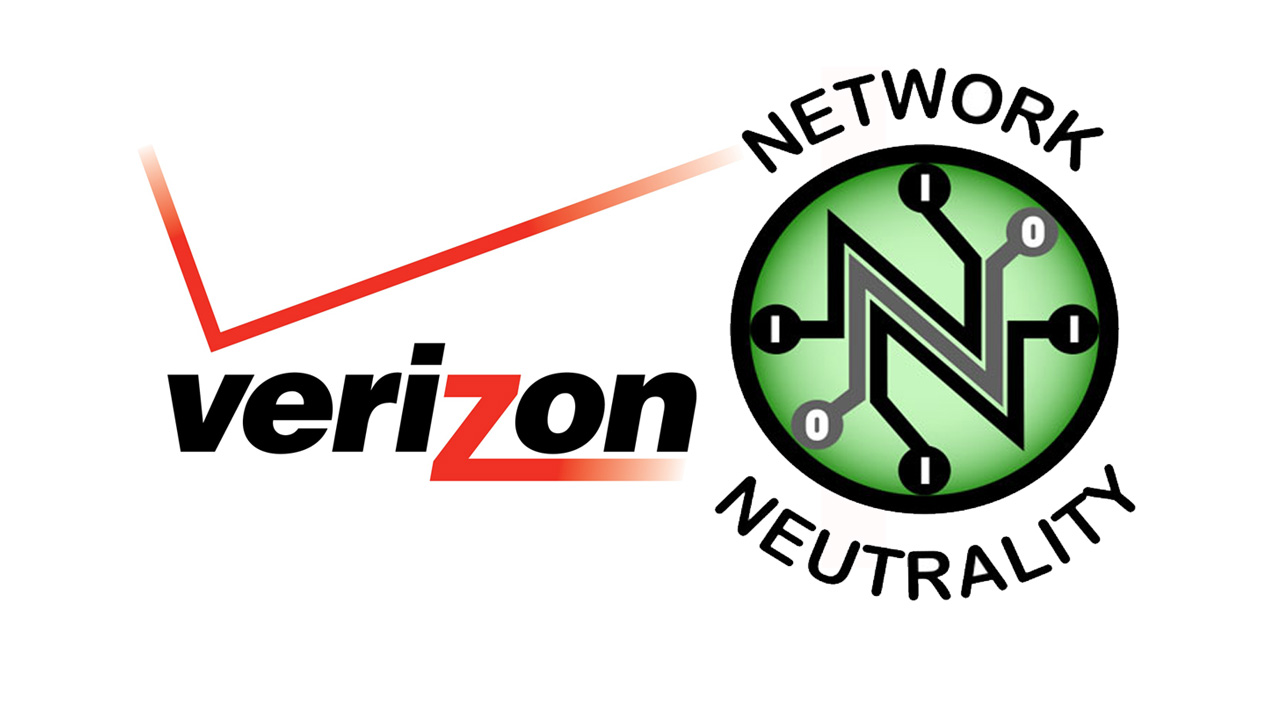Internet Service Providers like Verizon are really pulling out all the stops in their race to support FCC’s overthrow net neutrality. They have already spent $19 million dollars on lobbying efforts in 2014 alone, and Mother Jones reports on a particularly gross argument by the Verizon lobbyists: Disabled people would allegedly benefit from the end of net neutrality. The lobbyists argue that since disabled people need faster access to internet for intensive use of wifi and smartphones to access special online services and health monitoring apps, the “fast lanes” promised by anti-net neutrality companies would be beneficial. The argument is not very logical.
Three Hill sources tell Mother Jones that Verizon lobbyists have cited the needs of blind, deaf, and disabled people to try to convince congressional staffers and their bosses to get on board with the fast lane idea. But groups representing disabled Americans, including the National Association of the Deaf, the National Federation of the Blind, and the American Association of People with Disabilities are not advocating for this plan. Mark Perriello, the president and CEO of the AAPD, says that this is the “first time” he has heard “these specific talking points…”
The Verizon lobbyists’ argument is “disingenuous,” says Matt Wood, a policy director at Free Press, an Internet freedom advocacy group. The FCC says that even if the agency doesn’t go through with its fast lane proposal, companies that serve disabled people would still be able to pay internet service providers for faster service.
Verizon fired back that they can not confirm whether they’ve been using these pitches, but assured us that whatever they’re doing, it’s “not disingenuous.”
This isn’t the first time the needs of disabled people have been used as a talking point by ISPs. Mother Jones’ Erika Eichelberger writes:
In a 2009 speech, former Verizon Communications CEO Ivan Seidenberg said that if his company was not allowed to prioritize certain medical data over internet traffic like email and spam, then people with health conditions might not benefit from life-saving technological advances.
Maybe if massive technological conglomerates didn’t make appeals to the collective morality sound like they’re threatening people who are already vulnerable, it would a little easier to not see them as villains.



